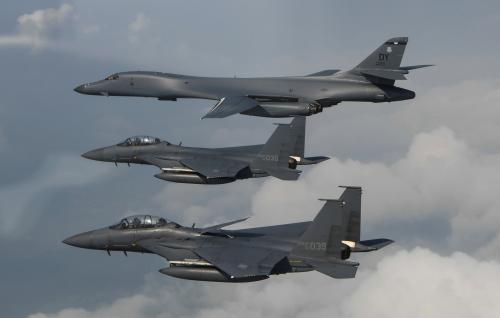Remember when wartime presidents were exemplars of Constitutional restraint, and such stalwart defenders of free speech, association, and due process, that, even in the face of an existential threat to the homeland, they employed no special claims of executive authority to snuff out or silence their adversaries? Of course you don’t, because there’s only been one such president, and he was in office 200 years ago.
James Madison, you may be surprised to learn, turns the conventional narrative of the imperial presidency (aka, the presidency we all know today) on its head. During the War of 1812, the nation’s fourth chief executive faced an array of threats that would presumably have justified extraordinary actions of political repression. Not only did the British march on Washington and burn down the White House, but Madison faced overt opposition to the war from some of his fellow countrymen, among them a group that met to consider dissolving the union and forging a separate peace with America’s foreign adversary. Such actions could easily be called sedition if not outright treason.
And yet Madison held his executive fire. He did not silence dissenters. He did not suspend the rights of those plotting against him. How, and more intriguingly why he made those choices is explored in a new book, What So Proudly We Hailed, about the War of 1812 and its contemporary meaning. A chapter on civil liberties and Madison’s use of presidential power, or lack of it, was written by Benjamin Wittes and Ritika Singh of the Brookings Institution, which published the book. Wittes writes extensively about civil liberties and the war on terrorism, both as an author and the editor-in-chief of the blog Lawfare, where Singh is a contributor.


Commentary
Op-edWhat Would James Madison (Not) Do?
December 6, 2012